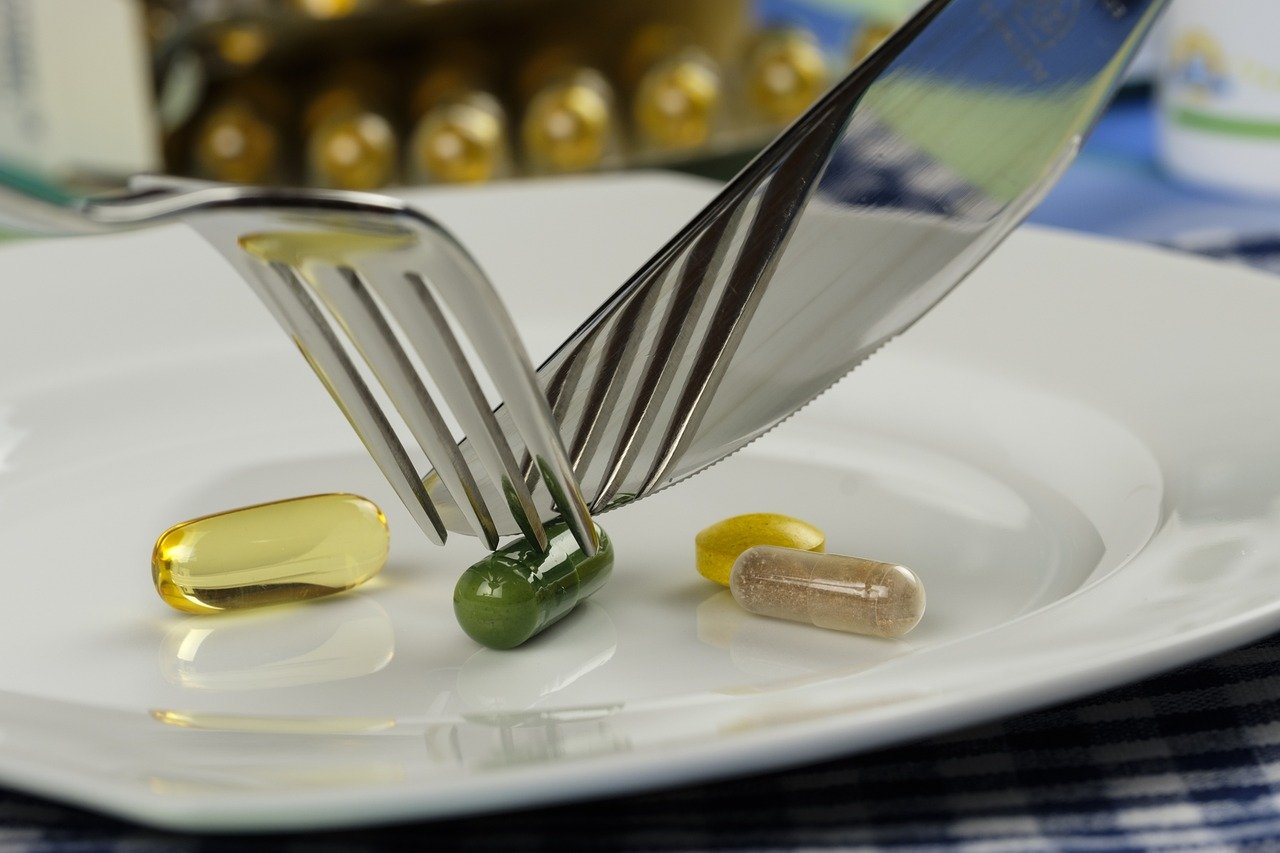Eating well is synonymous with quality of life , especially because a proper diet, with all the nutrients, is essential for the proper functioning of the body. However, it is common to have doubts about which type of diet to follow. After all, with so many options available, which would be the most appropriate: diet or nutritional reeducation?
Due to the relentless pursuit of aesthetic results , diets have gained notoriety in the contemporary world because of the promise of losing a lot of weight quickly, without the need for effort . And as a main impact, dietary reeducation is left aside.
Therefore, it is necessary to approach the topic consciously, especially because many people forget that restrictive diets generate negative future impacts .
To find out what they are and which method to adopt (diet or nutritional reeducation), follow this content!
Diet VS nutritional reeducation
Whether it’s a diet or a healthy eating plan, when thinking about these terms, it’s important to highlight that the main difference between the two is time! While one promises short-term results, the other improves your relationship with food, creating lasting healthy habits .
It is also possible to say that one of them serves specific purposes, while the other focuses on adapting foods so that you can eat everything you like, as long as they are in the right portions. Do you happen to know which one each is?
General characteristics of the diet
Diet is a term that, loosely translated, means way of life. It is a dietary model that seeks to adapt, in a regulated way, everything that will be ingested during the day, with little flexibility and variation.
That’s because it personalizes the menu of people who have some disease or health problems, needing to limit or even prevent the consumption of certain foods. For example, celiac diet is a restricted one for people who are suffering with gluten intolerance.
However, the term in question has become popular as a way of regulating your diet to achieve difficult short-term goals , with weight loss being the most common. With a low volume of meals and an exaggerated cut of carbohydrates, it is possible to achieve goals that previously seemed impossible.
General characteristics of nutritional reeducation
In relation to nutritional re-education, it is understood as the need to adapt the way one relates to food , maintaining regular consumption of carbohydrates, proteins and fats, but allowing, in controlled quantities, sweets, processed foods and other foods of one’s preference.
Considered a permanent habit for life, nutritional reeducation consists of following a flexible menu , being able to vary the foods according to the moment you are living, as long as you maintain a regular intake of fruits, vegetables and legumes (options rich in fiber, nutrients and minerals).
Finally, it is important to say that reeducation is an adaptive process , that is, the results do not happen overnight. However, the gains tend to be maintained after reaching the goals, especially because this is not a restrictive process, unlike the different types of diets.
Between diet or nutritional reeducation, which is better?
To start adopting healthy habits, especially when it comes to eating, professional help is essential . This is because, as it is a new phase of adaptation and/or even restriction, proper support is necessary to avoid any nutritional deficiencies.
Furthermore, before choosing your reality within meals, keep in mind that nothing happens instantly, so focus on the process, be patient and don’t give up halfway!
When to join the diet?
As mentioned, diets are for people who have restrictive health or dietary conditions. However, some of them have become popular as methods that help achieve a goal quickly (weight loss being the most common).
There are a number of caveats to this practice, after all, many of them cause a rebound effect . In short, within a few weeks of seeing results, it is common to return to square one, which can lead to health problems and even self-esteem problems .
Also, if it is done without proper nutritional guidance, consequences such as malnutrition, dehydration, anemia and eating disorders can occur. In other words, only follow a diet if it is properly prescribed by a professional for your reality , after all, not every organism responds in the same way to the changes that this model provides.
When to adopt a nutritional reeducation plan?
As for dietary reeducation, you can adopt it from the moment you decide to be a healthier person. This is because this lifestyle is characterized by gradual changes that aim to improve the overall quality of life, through diet.
Therefore, if you want to control the quality of your meals, have a generous intake of fiber and not miss anything on the menu , look for strategies that use dietary reeducation as a basis.
Below, you will find some successful tips to help you integrate more easily into this lifestyle:
Put everything on the scales!
As we have seen, diet and nutritional reeducation are completely different nutritional models, and each one works for specific people and goals. Therefore, when thinking about which type to follow, weigh everything up and remember that neither of them will deliver miraculous results!
Finally, keep in mind that quality nutrition works with rules, so eat meals at regular times with the right support!





